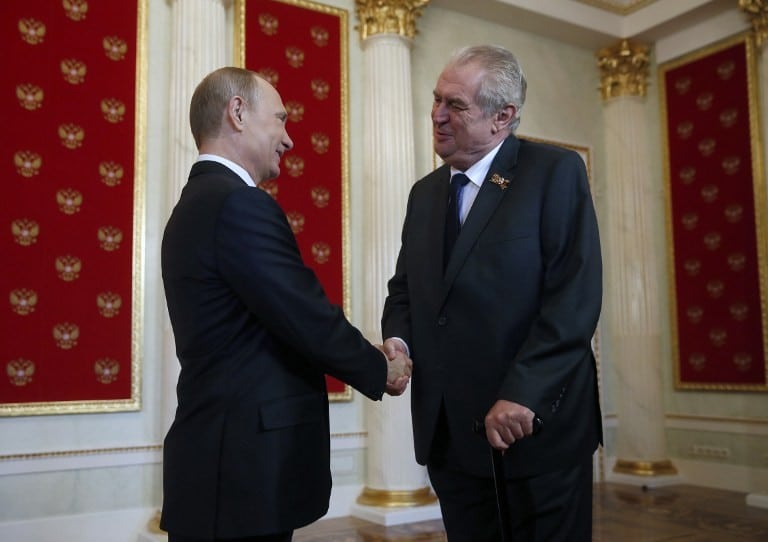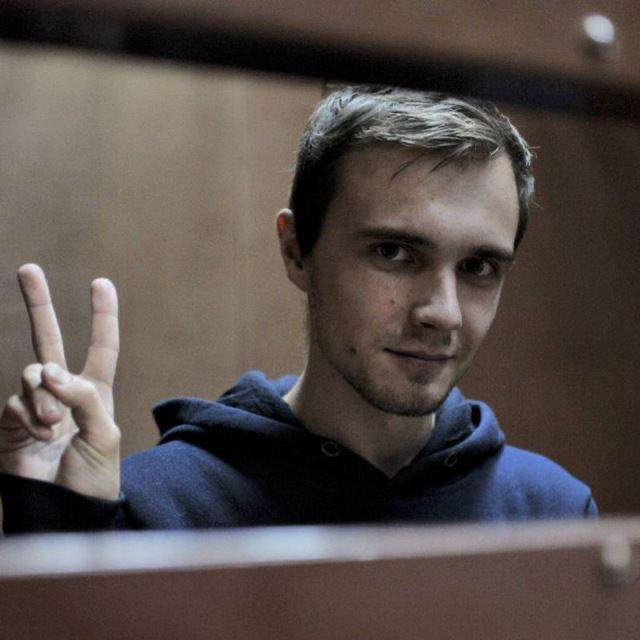On 17 February 2019, the Blinibioscoop, in cooperation with the FMS, organised a film screening of the investigative documentary Kremlin's Czech Friends, directed by investigative journalist Olga Malchevska. The screening followed with a panel discussion with Olga Malchevska herself, Nicolaas Kraft van Ermel (Netherlands-Russia Centre, University of Groningen) and Tony van der Togt (Clingendael Institute). The main theme of the debate was propaganda and its impact on the public.
The documentary depicted the story of the only president, Milos Zeman, in the European Union who openly supported Russia after the annexation of Crimea and called Russian aggression in eastern Ukraine a civil war. Olga Malchevska stressed prior to the film screening that the purpose of her investigation was solely to examine Zeman's motivations, and to investigate speculations about corruption and Russian money more deeply. She believed that the (self-)glorification of Zeman as a Czech hero ensured that he could make anything in the field of politics and foreign relations. Objectivity within the hybrid framework of supporters and opponents of Russia and the West seems to be a difficult endeavour, as was evident during the panel discussion afterwards. Critical questions were posed to the guest speakers, including on the legitimacy of Dutch news and the West's influence on Russian reporting in the West. Nicolaas Kraft van Ermel stressed his desire to distance himself from the hybrid framework with supporters and opponents often exclusively black and white. He has been labelled as both pro-Russia and pro-West in the past, showing that people tend to think in the framework of two camps. During the discussion, this also proved to be the case. Panellists were accused of being anti-Russian just because they were guests as speakers. Similarly, middle-of-the-road speakers who saw the documentary as informative were automatically labelled anti-Russian.
In terms of content, the documentary gave a somewhat sensational and disjointed impression, with evidence mostly briefly covered. There was repetition and a concrete conclusion was lacking. Nevertheless, it showed how Zeman, with his health and addiction problems, was able to persist as a national hero and how Kremlin propaganda had a role in this.
After the heated discussion, people could unwind with a blini.





